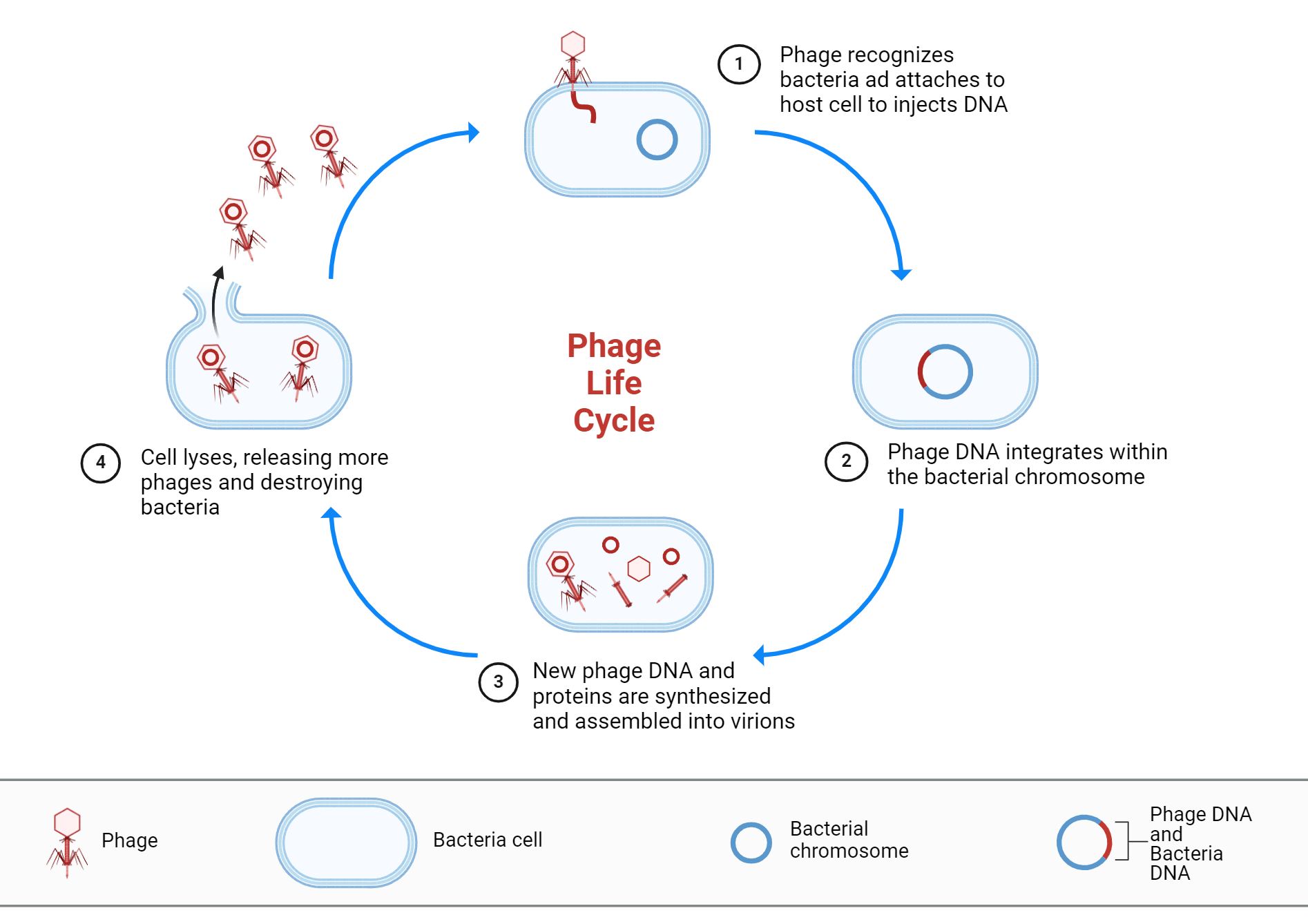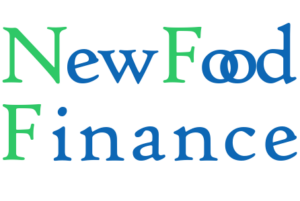Antibiotic Resistance: Bacteriophages Solutions
Graphic of the Week – Antibiotic Resistance: Bacteriophages Solutions

Bacteriophages are an emerging crop input and animal feed solution to growing antibiotic regulations, as many regions seek to control agricultural antibiotics, for human safety, and to treat antibiotic-resistant bacteria.
New Food Finance tracks trends and investments in foodtech and agtech companies which are reducing the environmental impact of food production, from alternative proteins to precision ag.
Phages are viruses which attack bacteria in a highly targeted way, potentially also causing less environmental damage compared with antibiotics or chemicals.
They can be effective against antibiotic-resistant bacteria strains, for example by penetrating biofilms that otherwise protect pathogens from conventional chemicals and antibiotics.
We tag agricultural phages according to two general uses, for biological pesticides, and animal feed. Standout companies include:
OmniLytics – Produces bacteriophages for crop pest control. The company says that its phages see low bacterial resistance, and do not harm the soil microbiome. Their phages are one of the few examples of registered bactericides in the United States. Their products can be mixed with insecticides and fungicides to treat a range of crop diseases. For example, cocktails used to control Xanthomonas campestris, were found to reduce citrus canker disease severity by 59%, in greenhouse experiments.
Proteon Pharmaceuticals – Provides phage-based solutions to improve livestock health, primarily in poultry, aquaculture, and cattle. Its products, such as BAFASAL® and BAFADOR®, are designed as bacteriophage feed additives, to combat specific pathogens such as Salmonella and Aeromonas. The company says it tested safety for mammalian cells, finding that phages were safe for poultry, and avoided adverse environmental impacts.
We see the state of play on antibiotic regulation, a key driver in the use of phages, as follows:
European Union: The EU has enacted regulations (eg Regulation 2019/6) to prohibit the use of antibiotics for routine disease prevention in healthy animals.
The United States: The Veterinary Feed Directive (VFD), Implemented by the FDA, restricts the use of medically important antibiotics in animal feed and water, aiming to curb routine use, and require veterinary supervision.
The United Kingdom: The UK’s Veterinary Medicines Directorate (VMD) has established reduction targets for antibiotics in livestock, aiming to promote disease prevention, vaccination, and antibiotic alternatives.
China: Implemented a Ban on Antibiotic Growth Promoters in animal feed in 2020.
Global Efforts: The World Health Organization encourages policies that reduce the misuse of antibiotics in humans and animals, promoting alternatives, under its Global Action Plan on Antimicrobial Resistance. The World Organisation for Animal Health (OIE) encourages the development of alternatives to support global food security and public health.
Product Launch: Deep Dive Briefings!
isten to our latest podcast, where we discuss, with Serhat Cicekoglu of Sente Ventures, how COP29 climate talks this week and next in Baku can bring food and ag front and centre of global climate action!
November 12: Listen to our podcast here
Our Monthly Market Report aims to increase transparency around market news and prices in our “green transition” space:
November 6: Monthly Market Report – October
Our Deep-Dive Briefings each give the low-down on an emerging technology up-ending food production:
November 13: Bacteriophages in green agriculture
October 30: Sustainable Animal Feed Additives
October 15: Proteins as Biological pesticides
New Food Finance: Sign up for a 3-day free trial
“Green Transition” Deals of the Week
In our “Green Transition” space last week, we saw fundraising worth over $439 million.
United States, November 8 – Strive Nutrition Corp is a sustainable beverage company offering animal-free milk alternatives, such as its FREEMILK line made with precision-fermented whey protein by Perfect Day. Strive received undisclosed funding from Black & Veatch IgniteX.
United States, November 7 – Agrovision is a global, vertically integrated producer of super-fruits, including blueberries, using advanced technologies like pollination and drone analytics to reduce environmental impact. The company raised $400 million in debt from various creditors.
Netherlands, November 7 – Bionomic specializes in safe and effective plant disease management, focusing on natural antimicrobials from bacteria and fungi for crop protection. It says its test facility allows for quick lab-based disease and pest detection, helping growers prevent disease spread and yield loss. The company raised $0.38 million from UNIIQ.
Canada, November 7 – Oberland Agriscience Inc. upcycles organic by-products like spent grains into black soldier fly larvae on an industrial scale for protein and fertilizer production. By partnering with local food producers, Oberland says it supports sustainable protein sources that contribute to circular economy practices. The company received debt funding from Peritus Capital.
Germany, November 7 – Oceanloop has operated two recirculating aquaculture systems (RAS) in Germany since 2015, with plans to open a new RAS tech center in Kiel in 2026 and an industrial farm in Gran Canaria by 2027. The company raised $37.78 million from the European Investment Bank.
Belgium, November 7 – Protealis is a seed technology company focusing on legumes, such as peas and soy, to increase plant-based protein availability. The company also researches seed coatings that contain beneficial bacteria, such as nitrogen-fixing microbes for colder climates, enhancing crop resilience. The company received $1.3 million in grants from VLAIO.
United Kingdom, November 6 – NuKoKo, a climatetech company, produces cocoa-free chocolate by replacing cocoa beans with local fava beans. The company raised an undisclosed amount in venture capital from Döhler Ventures.
